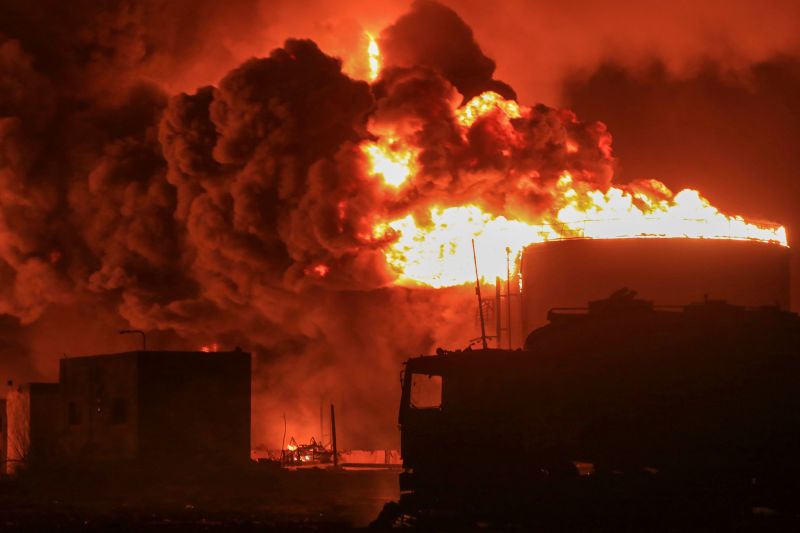The Middle East has seen its fair share of conflicts and tension over the years. Israel’s first-ever airstrike on Yemen, following a lethal Houthi drone attack, has exacerbated the already fraught situation. Here’s what we know about this critical development, marked by geopolitical tension and strategic power plays.
Amid a complex regional landscape, Israel recently launched an airstrike on Yemen, suspecting the latter’s Houthi rebels to be behind the devastating drone attack that precedes this retaliatory action. It’s an unprecedented move that has far-reaching implications for regional stability, geopolitical alliances, and potential escalation of conflicts.
The Houthi rebels, who have been battling the Saudi-led coalition in Yemen for more than six years, allegedly authored the recent drone attacks on Israel. The damage inflicted was significant, leaving a grim echo of violence. As per Israeli intelligence, the drones were launched from an Iranian base in Yemen, directly implicating the Houthi rebels who have close ties with Iran.
Israel’s retaliatory action represents a robust show of force, indicative of its resolute stance on defending itself against hostile forces. Fast jets and precision-guided munitions were the chosen weapons of retaliation, targeting structures suspected of housing the Houthi rebels and their drone facilities. The strikes were designed to cripple the attacking capabilities of these militants, sending a potent message of deterrence to other potential aggressors in the region.
However, these strikes further muddle the already volatile geopolitics of the Middle East. While Israel has long maintained covert relations with several Arab states, openly attacking an Arab country could strain these relationships. The counterstrike could be seen as an act of aggression, leading to potential anti-Israel sentiments building up amongst the Arab populace. It could also amplify the tensions between Israel and Iran.
Furthermore, Israel’s interference in Yemen could incite a reaction from the international community. Many countries, including some powerful Western nations, have denounced the interminable conflict in Yemen, expressing concerns about the humanitarian crisis it has unleashed.
Yet, perhaps more concerning is that Israel’s intervention in Yemen potentially escalates the country’s civil war, which has so far resulted in over 100,000 fatalities and a humanitarian catastrophe. With additional foreign involvement, the civilian cost is likely to increase, the urgent need for a peaceful resolution becoming even more critical.
In essence, Israel’s unprecedented strike on Yemen, following the lethal Houthi drone attack, has served to increase regional tension, challenge geopolitical dynamics, and complicate an already convoluted conflict. The situation, as it stands, underscores the importance of diplomacy and negotiation in restoring peace and stability, suggesting the necessity for international mediation to diffuse the situation. The world watches on as the chessboard of Middle Eastern geopolitics takes on an alarmingly unpredictable disposition. While Israel remains adamant in its stance of aggressive defense, it has stirred a hornet’s nest likely to have a lasting impact on the region.




